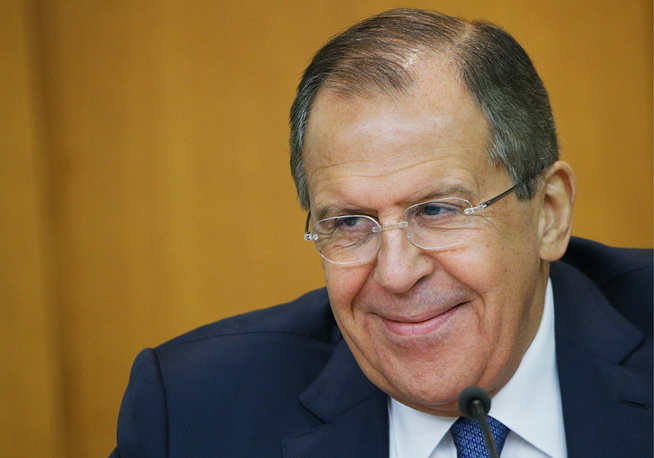MOSCOW – Any politicization of chemical dossiers, including Syria, in the Organization for the Prohibition of Chemical Weapons (OPCW) is unacceptable, Russian Foreign Minister Sergey Lavrov said after talks with his Bangladeshi counterpart Abul Hassan Mahmud Ali.
“We exchanged views on how the countries cooperate in the OPCW,” Lavrov said.
“We stated that we have similar approaches that it is unacceptable to politicize various chemical dossiers, including the Syrian chemical dossier in the OPCW.”
The ministers also discussed the preparation for a special session of the OPCW Executive Council due on April 4 at Moscow’s initiative in connection with the Skripal case.
On March 4, former Russian military intelligence Colonel Sergei Skripal, who had been convicted in Russia of spying for Britain and was later swapped for Russian intelligence officers, and his daughter Yulia were found unconscious on a bench near the Maltings shopping center in Salisbury, UK. Police said they had allegedly been exposed to a nerve agent.
London immediately accused Russia of being involved, but failed to produce any evidence. UK Prime Minister Theresa May rushed to blame Russia for “unlawful use of force” against her country. She identified the alleged substance used in the attack as the so-called Novichok nerve agent, allegedly developed in the former Soviet Union.
Subsequently, the UK expelled 23 Russian diplomats and announced other restrictive measures against Moscow. Russia has flatly rejected these allegations pointing out that neither the Soviet Union nor Russia had any programs to develop that substance.
TASS
R.S

